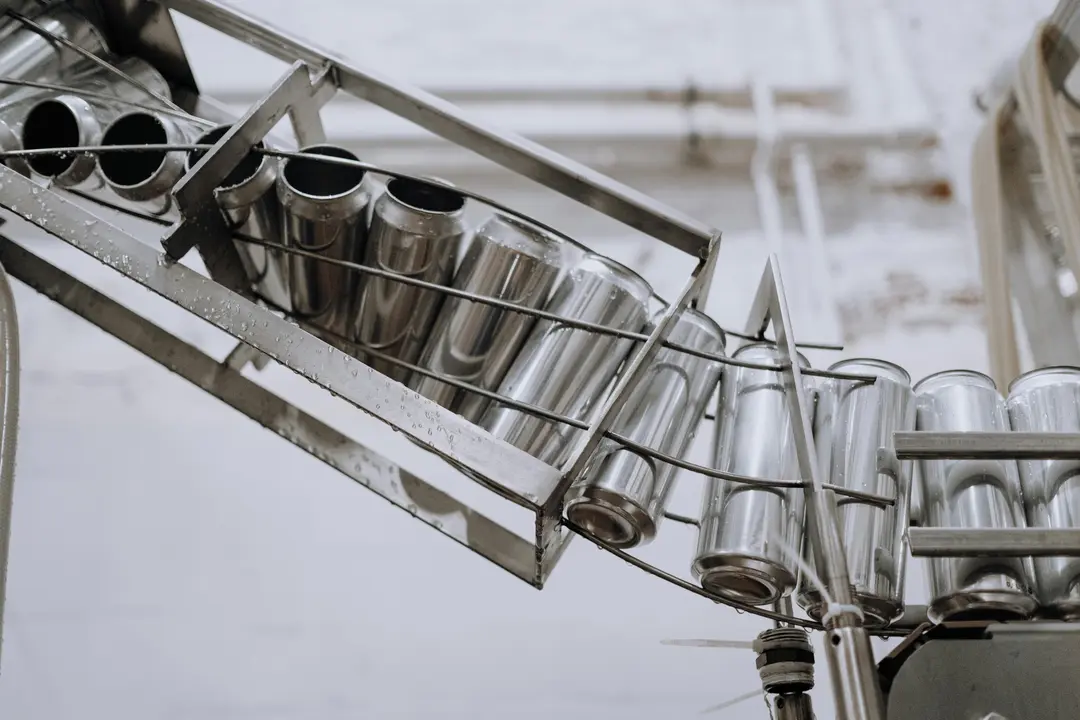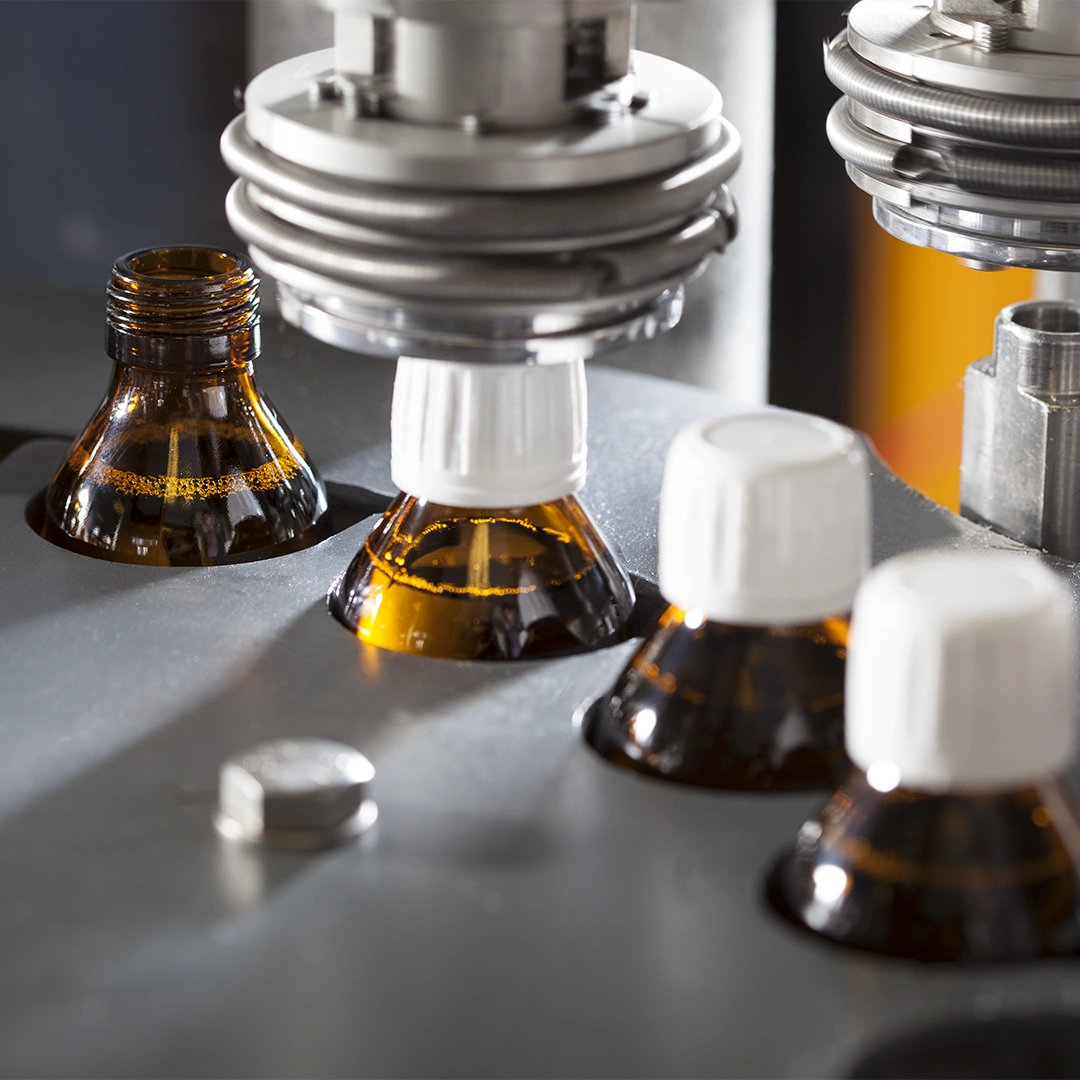What is PSU plastic?
Polysulfone (PSU) is a family of transparent thermoplastics known for their toughness and stability at high temperatures. A semi-crystalline polymer, PSU is rigid and highly resistant to mineral acids, alkalis and electrolytes.
Polysulfone has good machinability, allowing close tolerances without great difficulty.
You may also see PSU referred to as:
- Polysulfone
- Polyarylsulfones
- TECASON® S
- Quadrant® PSU 1000
- Sustason® PSU
- Ensifone®
- Thermalux®
- Udel®
- Unifone® PSO
- Hydex® 6201
Main attributes
- Good chemical resistance (mineral acids, alkali, salt solutions)
- Flame retardant
- High strength & stiffness
- Excellent dimensional stability
- Lubricated
- High heat resistance
- Broad temperature range capability
- Good creep strength
- Good resistance to hydrolysis and steam
- High mechanical strength
- Good insulating and dielectric properties
- Semi-transparent
- Typically has an amber tint
- Food grade variations available
- Not UV resistant and poor weatherability – unsuitable for outdoor applications
- Not suitable for esters, chlorine and aromatic hydrocarbons
- Subject to stress cracking
Common Applications
- Surgical & dental instruments
- Medical devices & equipment
- Aircraft structures & fittings
- Piping, tubing & fittings
- Bearings & bushings
- Gears & driveshafts
- Coil bodies
- Electrical components
- Valves & pumps
Note for designers
The cost of PSU is higher than many engineering plastics and it should therefore only be selected where its specific properties are required.
If the higher temperatures or superior chemical resistance is not required, polycarbonate may be considered as a less costly alternative.
Stock material is transparent however if faces are machined, a secondary polishing process is required to regain optical clarity.
Finishing & treatments
When a face of PSU has been machined, its transparency is lost. A polishing process such as vapour/solvent polishing will need to be carried out in order to restore clarity if required.
See our Finishing Processes page for further information on services that we can facilitate.
UK stock sizes
Here are the standard stock sizes for PSU in the UK. Please note we do not supply stock material, the information provided is purely for design and research purposes.
Stock sizes vary by supplier. Only stocked items are listed but non-stocked items may be available. Please get in touch to discuss further.
The standard unfilled grade of PSU is amber and typically available in lengths of 3000mm.
PSU Rod/Round Bar
| Stock Size (mm) | Tolerance (mm) |
| Ø10 | +0.10/+0.80 |
| Ø20 | +0.20/+0.90 |
| Ø30 | +0.20/+1.20 |
| Ø40 | +0.20/+1.60 |
| Ø50 | +0.30/+2.00 |
| Ø60 | +0.30/+2.50 |
| Ø80 | +0.40/+3.00 |
| Ø100 | +0.60/+3.80 |
PSU Plate
| Stock Size (mm) | Tolerance (mm) |
| 20 x 500 | +0.30/+2.50 |
| 40 x 500 | +0.50/+2.50 |
Technical properties
Here are the properties for TECASON S natural which is an unfilled, unreinforced PSU brand. Reinforced and modified grades will have different properties.
TECASON PSU Properties
Mechanical properties
| Mechanical Properties | Value | Parameter | Norm | Notes |
Modulus of Elasticity
(tensile test) | 2700 MPa | 1mm/min | DIN EN ISO 527-2 | For tensile test specimen type 1b |
| Tensile Strength | 89 MPa | 50mm/min | DIN EN ISO 527-2 | |
| Tensile Strength at Yield | 89 MPa | 50mm/min | DIN EN ISO 527-2 | |
| Elongation at Yield | 5% | 50mm/min | DIN EN ISO 527-2 | |
| Elongation at Break | 15% | 50mm/min | DIN EN ISO 527-2 | |
| Flexural Stength | 122 MPa | 2mm/min, 10 N | DIN EN ISO 178 | For flexural test: support span 64mm, norm specimen |
| Modulus of Elasticity (flexural test) | 2600 MPa | 2mm/min, 10 N | DIN EN ISO 178 | |
| Compression Strength | 15/28/75 MPa | 1%/2%/5% 5mm/min, 10N | EN ISO 604 | Specimen 10x10x10mm |
| Compression Modulus | 2300 MPa | 5mm/min, 10 N | EN ISO 604 | Specimen 10x10x50mm, modulus range between 0.5 and 1% compression |
| Impact Strength (Charpy) | 175 kJ/m2 | max. 7.5J | DIN EN ISO 179-1eU | For Charpy test: support span 64mm, norm specimen |
| Notched Impact Strength (Charpy) | 4 kJ/m2 | max. 7.5J | DIN EN ISO 179-1eA | |
| Ball Indentation Hardness | 167 MPa | | ISO 2039-1 | Specimen in 4mm thickness |
Thermal properties
| Thermal Properties | Value | Parameter | Norm | Notes |
| Glass Transition Temperature | 188°C | | DIN EN ISO 11357 | Found in public sources |
| Service Temperature | 180°C | short term | | Found in public sources. Individual testing regarding application conditions is mandatory |
| Service Temperature | 160°C | long term | | |
| Thermal Expansion (CLTE) | 6 10-5 K-1 | 23-60°C, long | DIN EN ISO 11359-1;2 | |
| Thermal Expansion (CLTE) | 6 10-5 K-1 | 23-100°C, long | DIN EN ISO 11359-1;2 | |
| Specific Heat | 1.2 J/(g*K) | | ISO 22007-4:2008 | |
| Thermal Conductivity | 0.21 W/(K*m) | | ISO 22007-4:2008 | |
Electrical properties
| Electrical Properties | Value | Parameter | Norm | Notes |
| Specific Surface Resistance | 1014 Ω | | DIN IEC 60093 | |
| Specific Volume Resistance | 1014 Ω*cm | | DIN IEC 60093 | |
Other properties
| Other Properties | Value | Parameter | Norm | Notes |
| Water Absorption | 0.06/0.1% | 24h/96h (23°C) | DIN EN ISO 62 | Ø ca. 50mm, h=13mm |
| Resistance to Hot Water/Bases | + | | | +Good resistance |
| Resistance to Weathering | - | | | - Poor resistance |
| Flammability (UL94) | V0 | Corresponding to | DIN IEC 60695-11-10 | Corresponding means no listing at UL (yellow card). The information might be taken from resin, stock shape or estimation. Individual testing regarding application conditions is mandatory. |
| Density | 1.24 g/cm3 | | | |
 Get a quote
Get a quote












